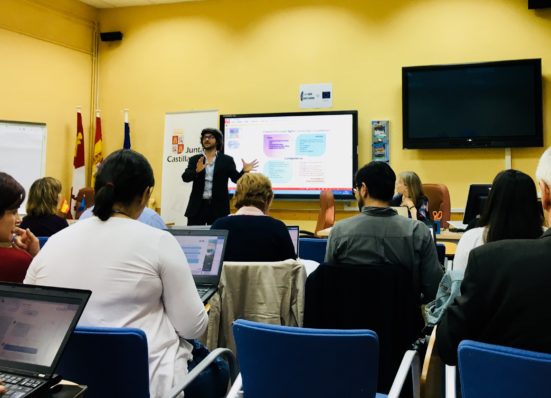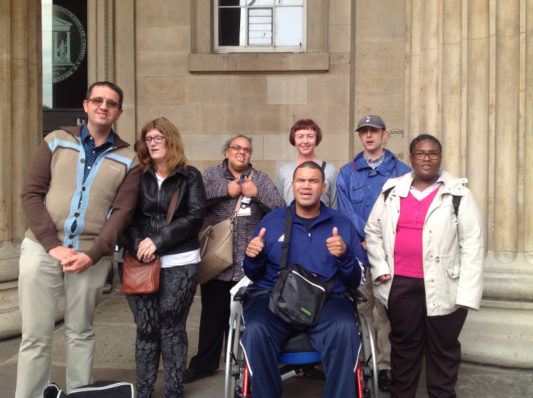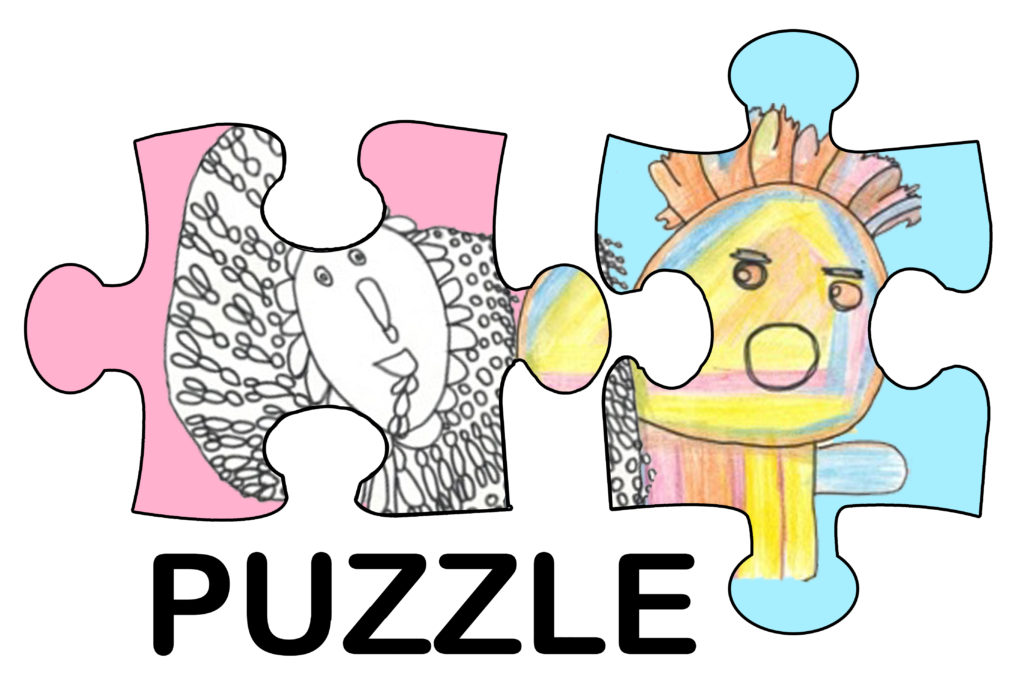
Rix Research were in Madrid last week for the MaTHiSiS project partner meeting. The meeting of the project’s 18 collaborating organisations from 9 different EU Member States dovetailed with the beginning of an exciting phase of project activity, the start of the ‘Assisted Pilots’.

The Assisted Pilots will see the uniquely innovative prototype MaTHiSiS educational platform piloted in a wide range of settings. Rix Research is coordinating the pilots in London that will look specifically at the use of the MaTHiSiS platform with target groups with PMLD and ASD. We are really excited to discover how this innovative software, which has a unique algorithm that has been developed to work with a camera to capture the ‘affect state’ of the learner and then adjust their learning tasks appropriately, will work with this particular group of learners who can be extremely difficult to read, reach and understand.
@MaTHiSiSproject @rix_centre Project – during this session students were able to work on a variety of whiteboard activities. #Robotics pic.twitter.com/y9IoAKPEej
— CharltonParkAcademy (@CharltonSch) June 26, 2017
By automatically adjusting the skills and levels of learning according to the feelings and emotions captured – for example is the learner happy, frustrated, engaged, motivated – the MaTHiSiS platform has the potential to achieve genuinely personalised learning that is engaging, enabling and truly inclusive.
The MaTHiSiS educational platform aims to provide every type of learner, in every type of setting, on the device they have at their disposal, with a bespoke, individualised learning experience that is adapted to their personal requirements. This ambitious 3 year project expects to have a version of the platform market ready for commercial exploitation by December 2019.
You can read more about the project and Rix Research here:


